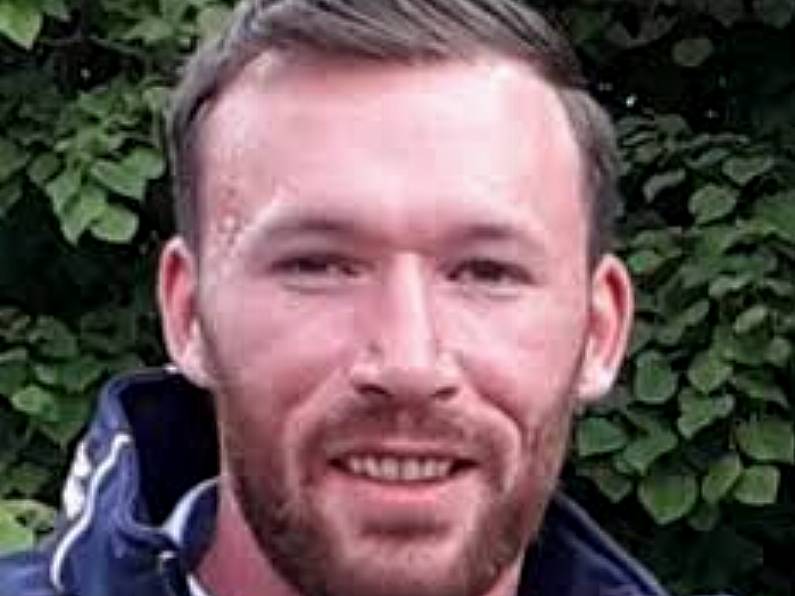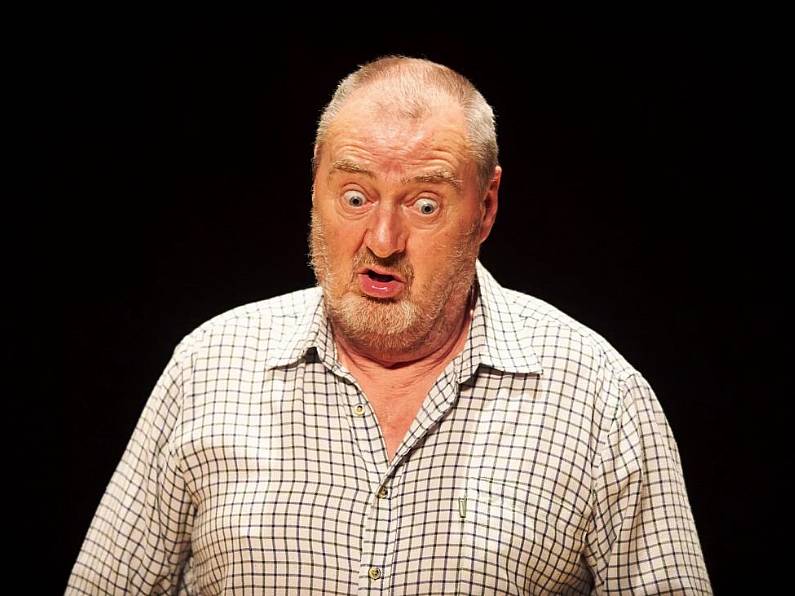A Kilkenny "family man" who laundered over €120,000 while he was in receipt of social welfare — a sum he will be repaying for the rest of his life — has been jailed after the State successfully appealed his fully-suspended sentence.
The Court of Appeal previously heard that Timmy O’Reilly (48), who has never filed a return to Revenue, also had a separate suspended sentence imposed on him for assault causing harm.
O’Reilly, of St Mary’s, Hebron Road, Kilkenny, was given an 18-month fully-suspended sentence for money-laundering by Judge Cormac Quinn at Kilkenny Circuit Criminal Court on July 28th, 2022.
O'Reilly had pleaded guilty to eight counts of offences contrary to Section 7 (a) and Section 7 (b) of the Criminal Justice (Money Laundering and Terrorist Financing) Act 2010.
In all, O'Reilly had been charged with 32 money laundering offences in relation to monies totalling around €125,000 found in one Irish Life account and two Credit Union accounts while he was in receipt of social welfare payments over eight years.
As well as that, 24 counts of money laundering were taken into account by Judge Quinn, with all charges relating to the period between January 1st, 2011, and December 31st, 2018.
The State appealed the suspended sentence on grounds that it was unduly lenient and on Tuesday at the Court of Appeal, Ms Justice Úna Ní Raifeartaigh said the three-judge court would quash the suspended sentence and jail O'Reilly for one year.
On Tuesday, Ms Justice Ní Raifeartaigh said she would quash the original 18-month fully-suspended sentence and re-sentence O'Reilly for 18 months with the final six months suspended.
Garda interview
Ms Justice Ní Raifeartaigh said O'Reilly handed a prepared statement to gardaí when interviewed and at first refused to answer questions. In his statement O'Reilly claimed that he could not provide an account of how he had a balance of over €100,000 in an Irish Life account in his name due to the lapse of time.
"The respondent [O'Reilly] said that he was involved in buying and selling horses as well as collecting scrap on a small scale, and that he would lodge money from these activities to his accounts.
“He said he was an early school leaver, had difficulties with literacy and numeracy and found it difficult to identify individual lodgements and withdrawals. He also said that it was common within the Travelling community, of which he was a member, to lend money to family members who would then repay it in lump sums or instalments," said Ms Justice Ní Raifeartaigh.
The judge noted that a reimbursement agreement between the Department of Social Welfare and O'Reilly had been struck regarding an overpayment of €433,665.
Ms Justice Ní Raifeartaigh said the sentencing judge took into account O'Reilly's plea of guilty, his remorse, his co-operation with the Criminal Assets Bureau and that there was no particular underlying criminal activity such as firearms or drugs operations at a national level underpinning the money.
A 'serious matter'
However, Ms Justice Ní Raifeartaigh said the amount laundered fell into the medium range for such offences and that combined with the length of time involved made it a "serious matter".
"The respondent had a reasonably significant criminal record involving 15 offences, albeit that most of the offences were at District Court level. He therefore did not come before this court as a person of no previous convictions and having led an entirely blameless life," said the judge.
"In our view, the fact that the sentence was entirely suspended did bring it outside the range of the sentencing judge's range of discretion and into the unduly lenient category. It is significant that there was a sum of over €100,000 involved. As noted, the criminality, the nature of which is unknown, did not consist of merely failing to make tax returns and therefore must have been a criminality of a different kind. All that the court knows is that it did not consist of drugs or firearms at a national level," said Ms Justice Ní Raifeartaigh.
Ms Justice Ní Raifeartaigh noted that O'Reilly's role in laundering the money was above that of two other connected men — his two sons — who also pleaded guilty to the offence, before saying that a custodial element was required and then re-sentenced O'Reilly.
"The court emphasises that in circumstances where the underlying criminality was unknown, the case is sui generis [of its own kind] and unlikely to be of assistance in determining the appropriate sentence in future cases of money laundering," she added.
Appeal hearing
At the appeal hearing, Dylan Redmond BL, for the State, said that there was €114,000 identified in the Irish Life account held by O'Reilly and that gardaí and the Criminal Assets Bureau had carried out investigations in the matter. The two credit union accounts held a total of around €10,500. Mr
Redmond said it was the view of the Director of Public Prosecutions that a custodial term had to be imposed.
The barrister said O'Reilly had 15 previous convictions and had a suspended sentence imposed on him in 2015 for assault causing harm.
Mr Redmond said O'Reilly had never filed a return with revenue and that the monies were forfeited to them.
He said that O'Reilly's co-accused — who were all members of his family — received suspended sentences because they were judged to have been led by the appellant.
James Dwyer SC, for O'Reilly, said that the monies had been lodged over a long period of time but had remained "inactive". He said the money was not a result of "some hot-bed of criminal activity" and had not been "scurried off into another account to escape the authorities".
"They were there to be taken," said Mr Dwyer, who added that all of the money had been seized.
Counsel said that O'Reilly was a "family man" who played a constructive role in the community but had psychological issues. Mr Dwyer added that there was no suggestion of there being a grander criminal scheme or of a criminal organisation being involved.






